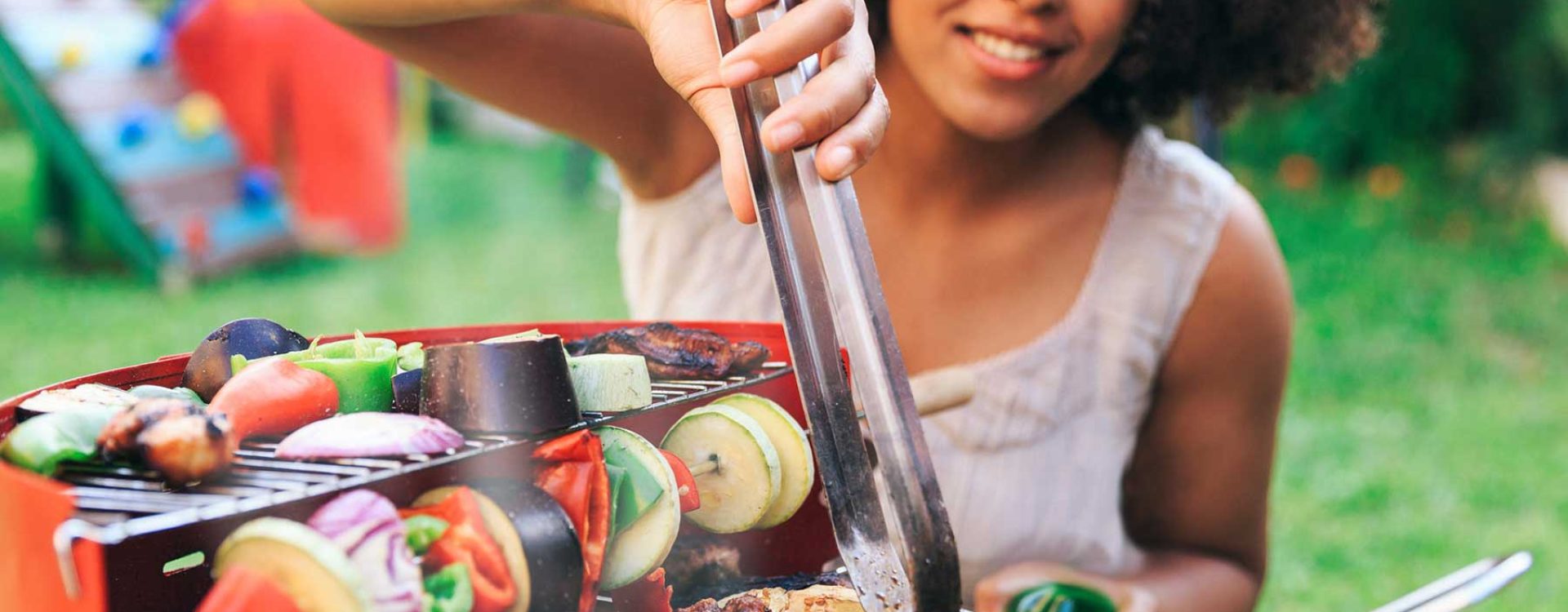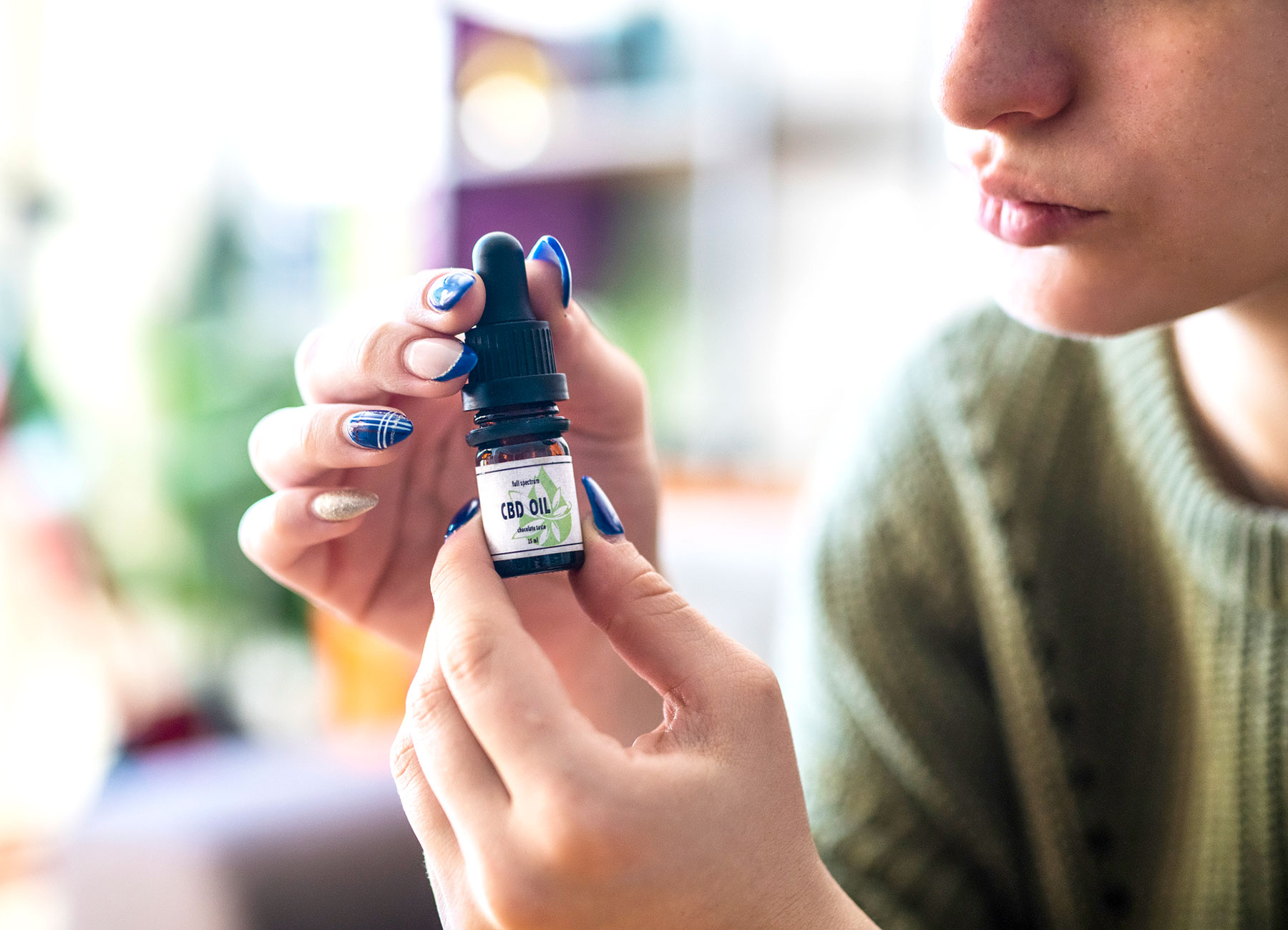Did you know food poisoning is more common in the summer? According to the Centers for Disease Control and Prevention (CDC), one in six Americans will get food poisoning this summer. The next time you head to a festive outdoor gathering, use these tips to keep you and your family safe from a dreaded gastrointestinal illness.
Why is Food Poisoning More Common in the Summer?
Foodborne bacteria grow faster in warm temperatures. When you take your meals outdoors for barbecues, picnics, and camping trips this time of year, bacteria have an ideal breeding ground.
Food poisoning is most often caused by raw or undercooked meat, poultry, seafood, and eggs. It is also caused by perishable foods that have sat out at 40 degrees or above for more than two hours or at 90 degrees or above for more than one hour.
Perishable foods include meat, cold cuts, salad, dairy products, sliced fruits and veggies, slaws, casseroles, and dishes with cheese, eggs, or mayonnaise.
How to Prevent Food Poisoning
Avoid the danger zone. Refrigerate or freeze perishable leftovers within two hours of cooking (or one hour if it’s more than 90 degrees outside).
Know when to toss food. Discard perishable leftovers that have sat out for more than two hours (or one hour if the temperature is above 90 degrees).
Pack your cooler correctly. Fill it with several inches of ice to preserve perishable foods. Pack raw meat in a separate cooler. Use a different cooler for drinks and snacks since it will frequently be opened. The more often you open a cooler, the more that cold air can escape.
Thaw safely. The only safe ways to thaw food is in the refrigerator, cold water or the microwave. Never let food defrost at room temperature, such as on the counter.
Use a meat thermometer. This ensures meat, poultry and seafood are cooked to a safe temperature: 145 degrees for fish, pork, or beef; 160 degrees for ground meat, like hamburger; and 165 degrees for turkey or chicken.
Grill meat correctly. Once you start grilling a piece of meat, fish, or poultry, cook it completely right away. Keep the meat on a warming tray, in a slow-cooker or in a chafing dish and serve within two hours.
Avoid cross-contamination. Throw away marinades or sauces that have come into contact with raw meat. Use separate utensils for raw and cooked foods, place cooked meat on a clean plate, and keep raw meat separate from foods that are ready to eat.
Wash up. Always wash your hands thoroughly with soap and water for at least 20 seconds before touching or cooking food, and after handling raw meat, using the restroom, changing a diaper, or touching a pet. If you don’t have access to soap and water, use a hand sanitizer with at least 60 percent alcohol.
Clean your workspace. Sanitize meal prep areas before and after cooking. Don’t use the same utensils, cutting boards or plates for raw meat and ready-to-eat food.
Wash produce before serving. Even if you don’t plan to eat the skin of a fruit or vegetable (watermelon, corn, avocados, etc.), you should still wash the outside to prevent cross-contamination when you slice or peel it.
What to Do If You Get Food Poisoning
Food poisoning can result in moderate to severe nausea, vomiting, stomach cramps and diarrhea. In severe cases, it can require hospitalization.
Most cases of food poisoning get better on their own. However, you should see your primary care provider or visit urgent care if you have any of the following symptoms:
- Fever over 101.5 degrees
- Diarrhea for more than three days
- Blood in your stool
- A significant decrease in urine
- Very dry mouth
- Dizziness when standing
- Frequent vomiting




